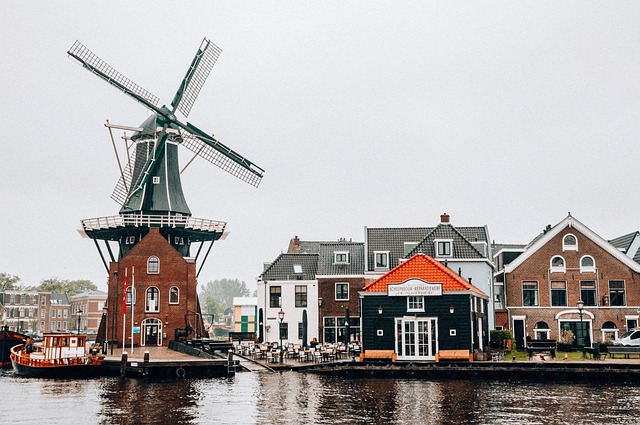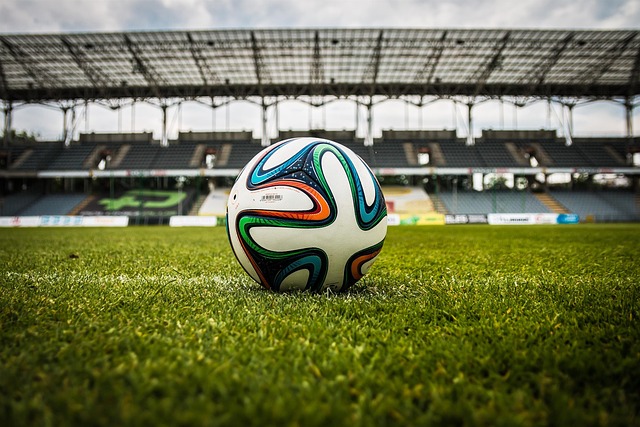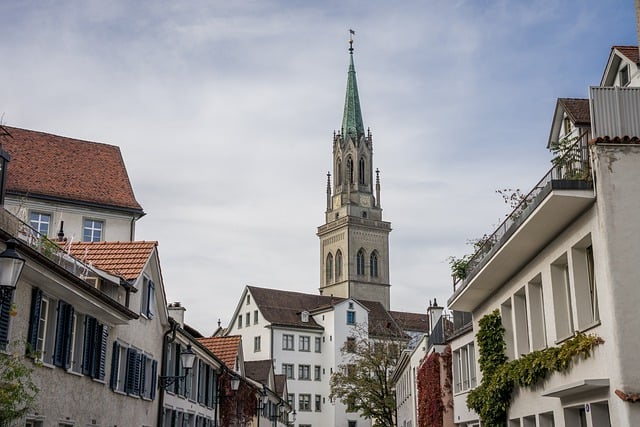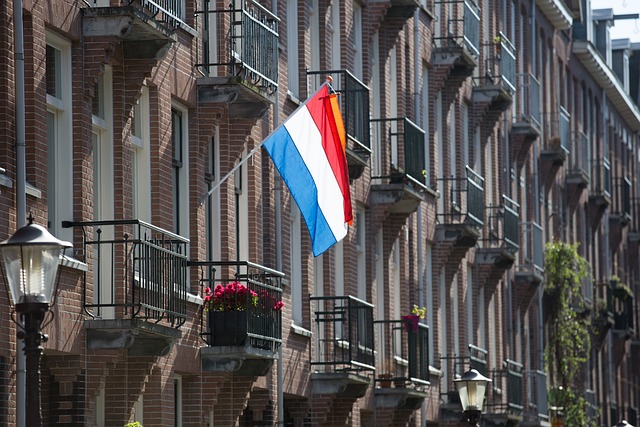Dutch Music: From Classical to Modern
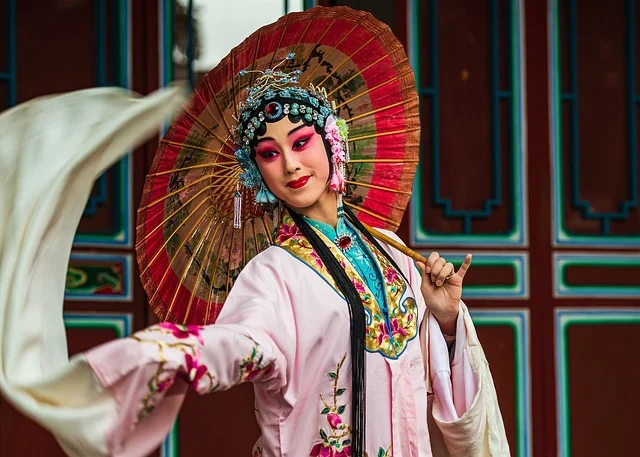
The Netherlands has a rich and diverse musical heritage that spans centuries, encompassing everything from classical compositions to cutting-edge electronic music. Dutch musicians and composers have made significant contributions to the global music scene, blending traditional influences with innovative styles. This article explores the evolution of Dutch music, from its classical roots to its modern-day genres, highlighting key figures, movements, and cultural impacts.
Classical Music: A Foundation of Excellence
Early Influences
The Netherlands has a long history of classical music, dating back to the Renaissance and Baroque periods. During the 16th and 17th centuries, the country was a cultural hub, attracting composers and musicians from across Europe.
- Jan Pieterszoon Sweelinck (1562–1621): Often referred to as the “Orpheus of Amsterdam,” Sweelinck was a renowned composer and organist. His works for keyboard instruments laid the groundwork for the North German organ school.
- Jacob van Eyck (1590–1657): A blind composer and carillon player, van Eyck is best known for his collection of flute music, Der Fluyten Lust-hof.
Golden Age of Dutch Music
The 17th century, known as the Dutch Golden Age, saw a flourishing of arts and culture. While painting and literature often take center stage, music also played a significant role.
- Constantijn Huygens (1596–1687): A polymath and composer, Huygens wrote numerous musical works, including songs and instrumental pieces. He was also a patron of the arts, supporting musicians and composers of his time.
Modern Classical Composers
In the 20th and 21st centuries, Dutch classical music continued to evolve, with composers exploring new styles and techniques.
- Louis Andriessen (1939–2021): A leading figure in contemporary classical music, Andriessen was known for his minimalist and avant-garde compositions. His works, such as De Staat and De Materie, have been widely performed and celebrated.
- Ton Koopman (b. 1944): A renowned conductor and harpsichordist, Koopman is a leading interpreter of Baroque music. He founded the Amsterdam Baroque Orchestra & Choir, which has gained international acclaim.
Folk and Traditional Music: A Cultural Tapestry
Dutch Folk Music
Traditional Dutch folk music is characterized by its use of instruments like the accordion, fiddle, and hurdy-gurdy. Folk songs often tell stories of daily life, love, and nature.
- Volksmuziek: This genre includes traditional dances like the polka and waltz, often performed at festivals and celebrations.
- Levenslied: A popular style of Dutch folk music, levenslied (literally “life song”) features sentimental lyrics and simple melodies. Artists like André Hazes and Willem Duyn are iconic figures in this genre.
Regional Variations
The Netherlands’ diverse regions have their own unique musical traditions. For example, the province of Friesland has a rich tradition of folk music, often performed in the Frisian language.
Jazz and Pop: A Modern Sound
Dutch Jazz
The Netherlands has a vibrant jazz scene, with a history dating back to the early 20th century. Dutch jazz musicians are known for their innovation and technical skill.
- Misha Mengelberg (1935–2017): A pioneering jazz pianist and composer, Mengelberg was a key figure in the Dutch avant-garde jazz movement. He co-founded the Instant Composers Pool, a collective of improvisational musicians.
- Willem Breuker (1944–2010): A saxophonist and composer, Breuker was known for his eclectic style, blending jazz with classical and folk influences. He founded the Willem Breuker Kollektief, which gained international recognition.
Dutch Pop Music
Dutch pop music has evolved significantly over the decades, with artists achieving both national and international success.
- Golden Earring: Formed in 1961, this rock band is one of the Netherlands’ most successful musical exports. Their hit song “Radar Love” remains a classic.
- Duncan Laurence: Winner of the Eurovision Song Contest 2019, Laurence brought Dutch pop music to the global stage with his song “Arcade.”
Electronic and Dance Music: A Global Phenomenon
The Rise of Dutch Dance Music
The Netherlands is widely regarded as a global leader in electronic and dance music. Dutch DJs and producers have played a pivotal role in shaping the genre, particularly in the 1990s and 2000s.
- Tiësto: One of the most famous DJs in the world, Tiësto has been a trailblazer in the trance and house music scenes. His albums and live performances have earned him numerous awards and a massive global following.
- Armin van Buuren: A leading figure in trance music, van Buuren is known for his “A State of Trance” radio show and his energetic live sets.
- Martin Garrix: At just 27 years old, Garrix has already become one of the biggest names in electronic dance music (EDM). His hits, such as “Animals” and “In the Name of Love,” have topped charts worldwide.
Festivals and Events
The Netherlands is home to some of the world’s most famous electronic music festivals, including:
- Tomorrowland: Although based in Belgium, this festival attracts thousands of Dutch fans and features many Dutch DJs.
- Amsterdam Dance Event (ADE): One of the largest electronic music conferences and festivals in the world, ADE showcases the best in EDM and attracts industry professionals and fans from around the globe.
Contemporary Dutch Music: A Diverse Landscape
Hip-Hop and Rap
Dutch hip-hop and rap have gained popularity in recent years, with artists blending local influences with global trends.
- De Jeugd van Tegenwoordig: Known for their humorous and quirky lyrics, this rap group has become a cultural phenomenon in the Netherlands.
- Lijpe: A leading figure in Dutch rap, Lijpe is known for his raw and emotional storytelling.
Indie and Alternative
The Dutch indie and alternative music scene is thriving, with bands and artists exploring a wide range of styles.
- Bløf: One of the most successful Dutch bands, Bløf blends pop, rock, and folk influences. Their music often features poetic lyrics and lush arrangements.
- Eefje de Visser: A singer-songwriter known for her introspective lyrics and unique sound, de Visser has gained a loyal following in the Netherlands and beyond.
